Education
Top 13 States With Worst Education System In Nigeria And Why
The states with worst education system in Nigeria in terms of overall educational attainment are…
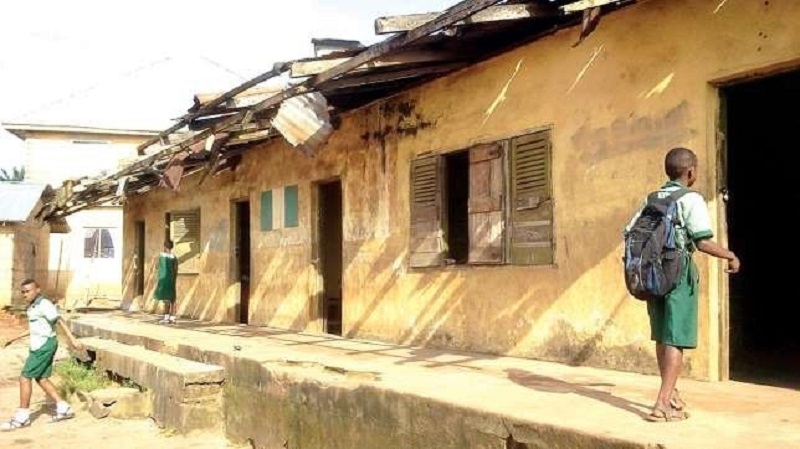
The states with the worst education system in Nigeria in terms of overall educational attainment are Adamawa, Bauchi, Bornu, Zamfara, and Katsina State.
Education is a crucial determinant of a nation’s progress, yet in Nigeria, the educational structure is marked by stark disparities. Among its 36 states, some have made commendable strides in advancing their education systems, while others lag significantly behind.
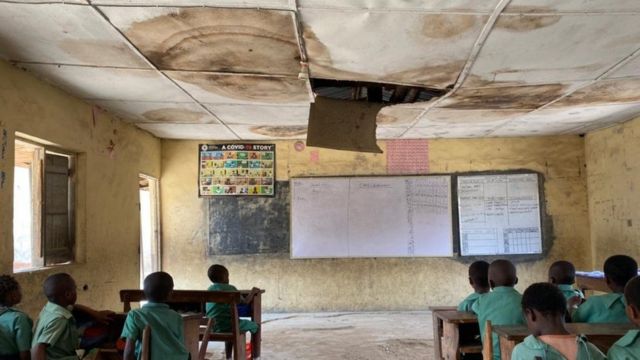
This article focuses on the State with worst education system in Nigeria. We’ll look into the factors contributing to this alarming situation.
I have gathered information about each State, and I have brought together the top 13 states with the worst education system in Nigeria, as well as general reasons for poor education systems in Nigeria. Let’s get started!
Here are the Top 13 States with Worst Education System in Nigeria
1. Adamawa
Adamawa State is one of the states with the lowest literacy rates in Nigeria, at just 29%. Like many other states in the northern region, they face challenges such as inadequate infrastructure, lack of qualified teachers, and occasional security issues that disrupt education.
In addition, there is a lack of government investment in education, with only a small percentage of the state budget allocated to education. Also, many children do not attend school due to Poverty or conflict in the region.
To show the poor State of education in Adamawa State, only 39% of primary school-age children are enrolled in school, and only 9% of secondary school-age children are enrolled. Additionally, only 50% of primary school teachers in the State have the minimum required qualifications.
Finally, the State has one of the country’s highest rates of out-of-school children, with over 1 million children not attending school.
2. Bauchi
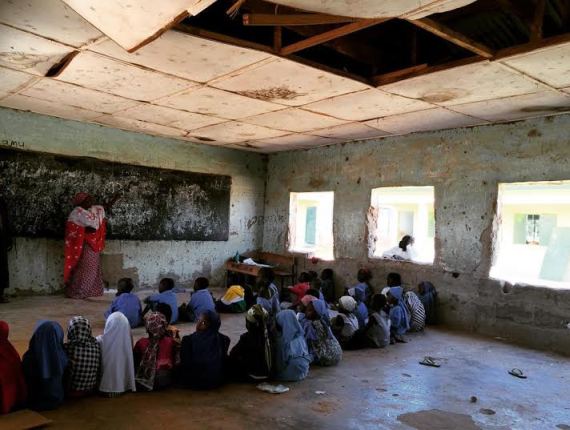
Bauchi State is one of the states with the lowest literacy rates in Nigeria, at just 37%. The State struggles with low literacy rates and inadequate educational facilities.
According to Punch, Bauchi state has the highest number of out-of-school children. This is because the government in Bauchi State has not prioritized education, resulting in underfunded schools and a lack of resources.
In addition, there is a high teacher turnover, making it challenging to provide consistent and quality education.
3. Zamfara State
Zamfara state is one State with worst education system in Nigeria, and here’s why: Zamfara lacks educational infrastructure and qualified teachers. It has one of the lowest literacy rates in Nigeria, at only 31%.
There is a high dropout rate due to both Poverty and a lack of interest in education. Violence and insecurity also make it difficult for children to attend school.
4. Borno
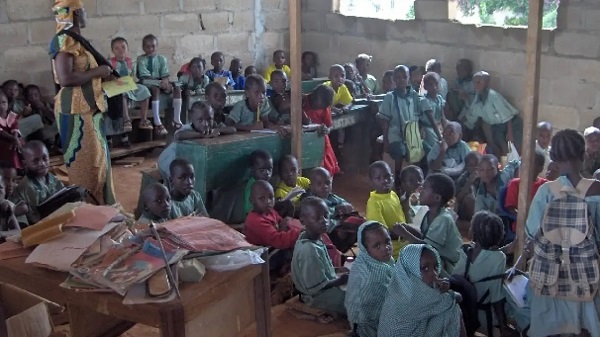
Borno State is one of the worst-performing states when it comes to education in Nigeria. Only about half of the children in Borno State are enrolled in primary school, while less than a quarter are enrolled in secondary school.
One reason is that the State has been badly affected by the Boko Haram insurgency, which has led to the destruction of schools and the displacement of many families.
Many schools in the State lack basic resources, such as textbooks, desks, and chairs. In addition, there is a lack of qualified teachers, a shortage of school supplies, and a high level of Poverty in the State.
5. Katsina
In Katsina State, the lack of qualified teachers is one of the main factors contributing to the low literacy rates. The State currently faces a shortage of about 10,000 teachers, leading to overcrowded and understaffed classrooms.
Many teachers working in Katsina State are underqualified, with some having only a secondary school education. This lack of qualified teachers has a negative impact on the quality of education that is being provided to students in the State.
In addition, Many schools in the State are in poor condition, with crumbling buildings, inadequate sanitation facilities, and a lack of electricity. In some schools, there are not even enough desks for all the students. This lack of infrastructure makes it difficult for students to learn.
6. Sokoto
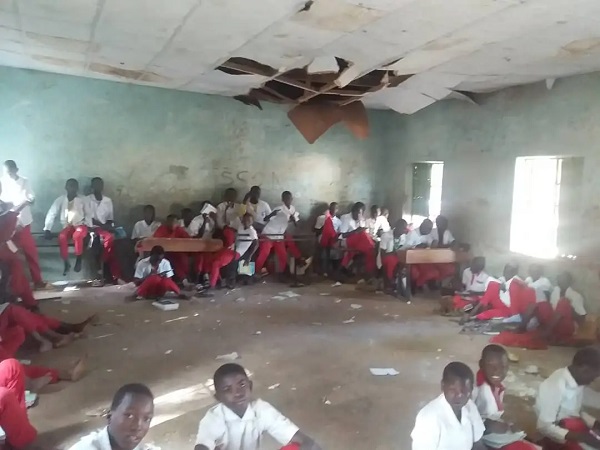
Sokoto State faces many of the same challenges as the other states, including Poverty, a lack of infrastructure and funding, and a shortage of qualified teachers.
One of the biggest challenges is the lack of funding. The state government only spends about 10% of its budget on education, which is far below the recommended amount. As a result, many schools in the State are underfunded and lack the resources they need to provide a quality education.
7. Yobe
Yobe State has one of the lowest literacy rates in Nigeria, and there are many reasons for this. One of the biggest challenges is the lack of qualified teachers. Many teachers in Yobe State are not certified and do not have the necessary skills to teach their students effectively.
In addition, the state government has not invested enough money in education, and many schools are in poor condition. Another challenge is the high rate of Poverty in the State, which prevents many children from attending school.
8. Gombe
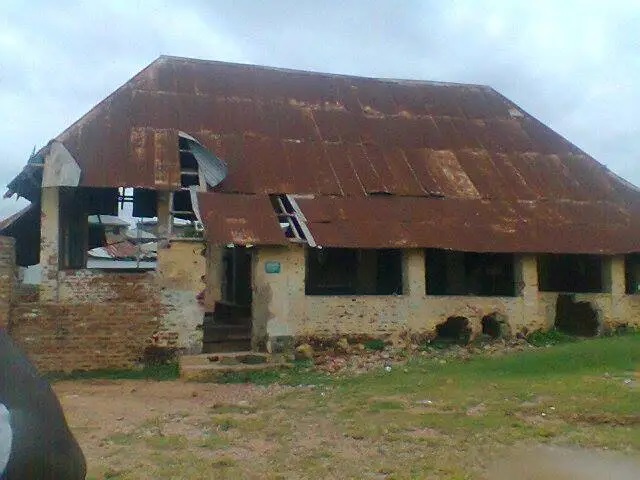
Gombe State is another state with the worst education system in Nigeria. One of the main challenges is the lack of qualified teachers. Many teachers in Gombe State do not have a degree in education and are not adequately trained to teach their students.
In addition, there is a lack of learning materials and resources, and many schools are in poor condition. Another challenge is the high dropout rate, especially among girls.
9. Jigawa
Jigawa State is considered by many to be one of the state with worst education system in the country. The State has a literacy rate below the national average of over 60%.
Some of the factors that contribute to the poor education system in Jigawa State include a lack of funding, a shortage of qualified teachers, and a lack of infrastructure. These challenges have resulted in low performance on national exams and a high dropout rate.
10. Kaduna
Like Jigawa State, Kaduna State is another northern Nigerian state struggling with its education system. The State has a literacy rate of just over 25% and a high dropout rate, particularly for girls.
The challenges facing the education system in Kaduna State include a lack of qualified teachers, insufficient infrastructure, and a lack of funding. These issues have led to low performance on national exams and a lack of job opportunities for graduates.
In addition, Kaduna faces issues of overcrowding in schools and inadequate infrastructure. The State’s large population and limited resources contribute to these challenges.
11. Kano

Kano State is yet another northern Nigerian state that’s facing significant challenges with its education system. Kano has the largest population of all the states in Nigeria but has the lowest literacy rate, at just over 20%.
The State has been struggling with a shortage of qualified teachers, inadequate funding, and a lack of infrastructure. Being highly populated, Kano struggles with overcrowded schools and insufficient resources. The State’s size and socio-economic challenges hinder the ability to meet educational demands.
12. Kebbi
Kebbi State has a low literacy rate, and the State’s education system faces many challenges. One of the biggest challenges is a lack of qualified teachers. In Kebbi State, only 22% of teachers have a university degree, and many teachers are not certified.
As a result, the quality of education is low, and many students cannot learn the skills they need to succeed in life. Another challenge is the lack of infrastructure, including a lack of classrooms and learning materials.
13. Plateau State
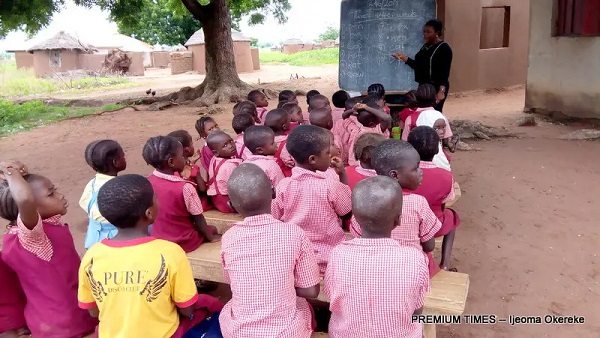
Plateau state, in northern Nigeria, has often been highlighted in discussions regarding education challenges in the country. One factor contributing to the State worst education system is the low literacy rate.
The State has one of the lowest literacy rates in Nigeria. This is due to many children’s lack of access to basic education, especially in rural areas. Many schools in the plateau lack basic infrastructure. This includes physical structures and essential resources such as textbooks, teaching aids, and sanitary facilities.
Challenges Facing the State with Worst Education System in Nigeria
Literacy Rates:
The literacy rates in many of these states, especially in the northern regions like Kano, Katsina, and Borno, are significantly lower than the national average. For instance, literacy rates in some northern states are as low as 30-40%, compared to the national average of around 60%.
School Enrollment and Attendance:
States such as Bauchi, Kebbi, and Zamfara have some of Nigeria’s lowest school enrollment and attendance rates. For example, less than 50% of eligible children in these states may be enrolled in primary education.
Teacher to Pupil Ratio:
The teacher-to-pupil ratio is much higher than the recommended standard in many educationally less developed states. It’s not uncommon to find ratios of 1 teacher to 50 or more pupils, especially in primary schools in rural areas.
Funding for Education:
The budget allocation for education in these states is often below the recommended benchmark set by UNESCO, which is 26% of the national budget. For instance, Nigeria’s 2018 budget allocation for education was only about 7% of the national budget.
Infrastructure:
Many schools in states like Adamawa, Gombe, and Ebonyi lack basic infrastructure. It is estimated that a significant percentage of schools in these areas do not have access to potable water, electricity, or adequate classroom space.
Gender Disparities:
In states like Kano, Katsina, and Jigawa, there are notable gender disparities in education, with significantly fewer girls attending school compared to boys. Cultural and socio-economic factors contribute to this disparity.
Impact of Conflict:
In states affected by conflict, such as Borno, the disruption to education is significant. It is estimated that hundreds of schools have been destroyed or closed due to insecurity, affecting the education of thousands of children.
Quality of Education:
The quality of education in these states is often low, with students lacking access to essential learning materials and facilities. The pass rates in national examinations like the West African Senior School Certificate Examination (WASSCE) are often lower in these states compared to the national average.
Poor Governance and Management:
Ineffective governance and management practices have led to a decline in education standards.
Poor Funding and Neglect:
The education sector is underfunded, with the budget allocation being far below the 26% recommended by the United Nations.
Watch this documentary about Nigerian schools in this VIDEO
Conclusion: State with Worst Education Systems in Nigeria
Addressing the educational crisis in the State with worst education system in Nigeria is not just a matter of policy change; it is a call to collective action. The intricate web of challenges—from infrastructural deficits to socio-economic barriers, cultural biases, and security concerns—requires a multifaceted and sustained approach.
This involves not only the government’s commitment to reform and invest but also active participation from local communities, educators, parents, and international organizations. Real change will come from grassroots movements, innovative educational models, and consistent advocacy for the rights of every child to receive a quality education.
It is quite unfortunate that this is the situation in Nigeria. What can you say about this?




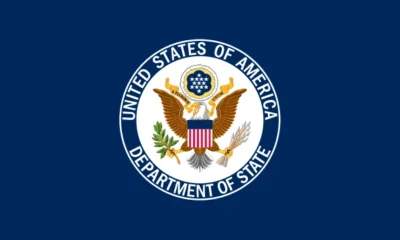







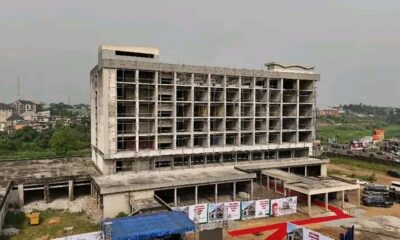

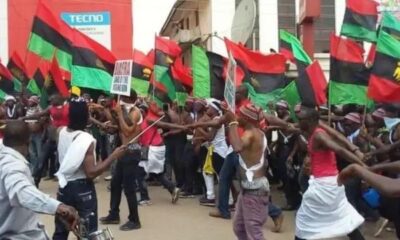

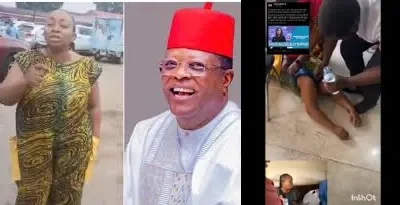

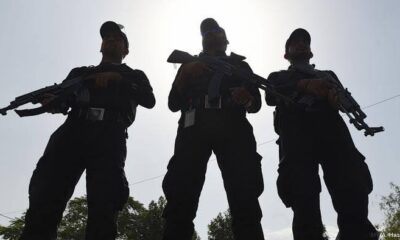

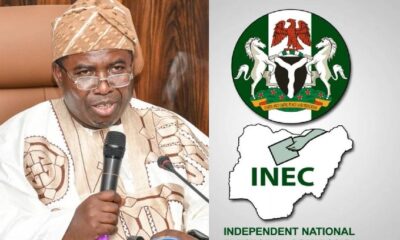



You must be logged in to post a comment Login